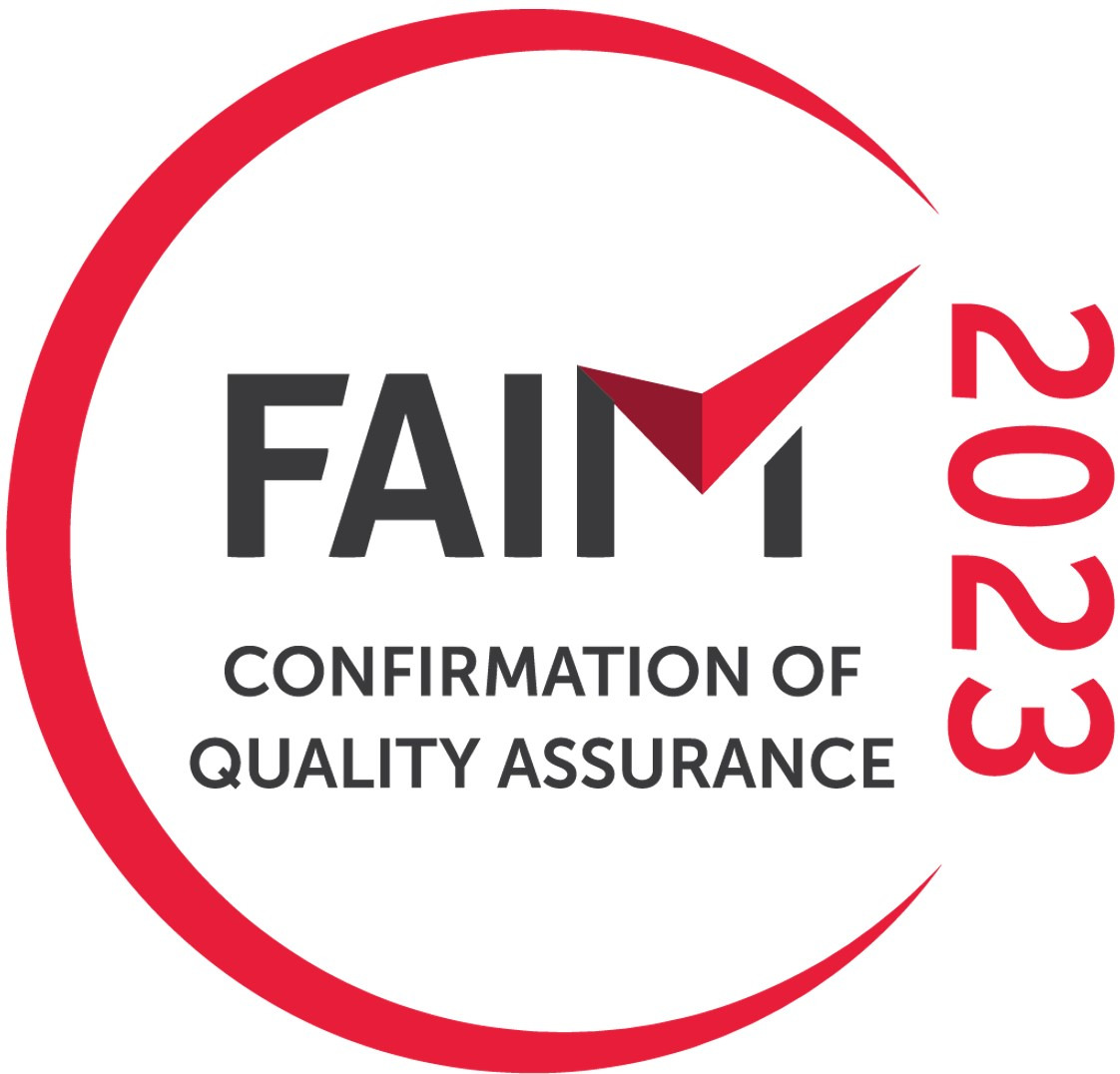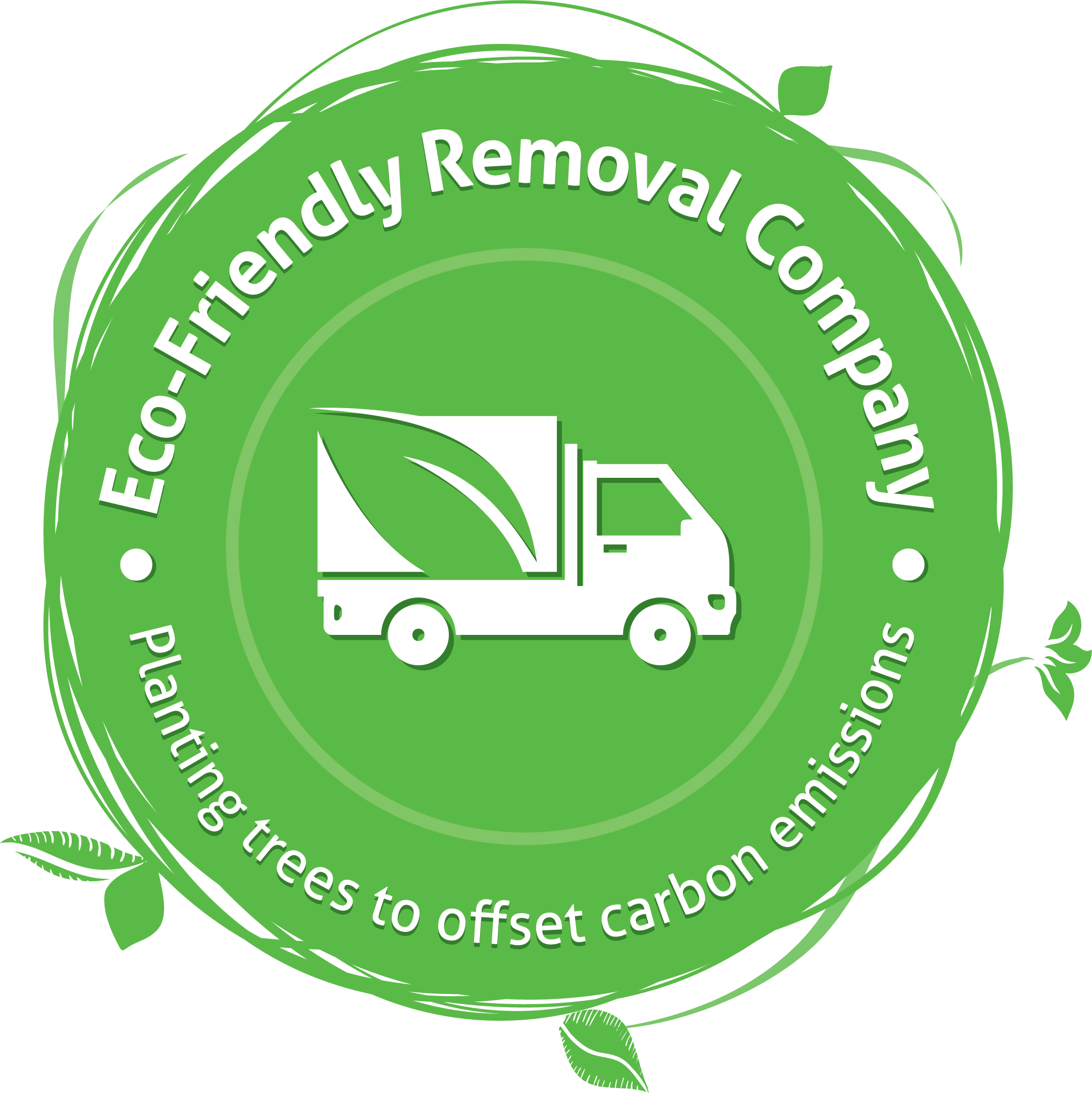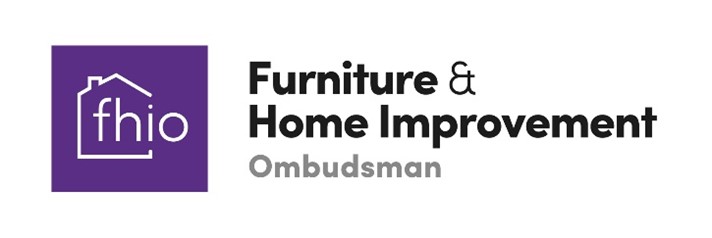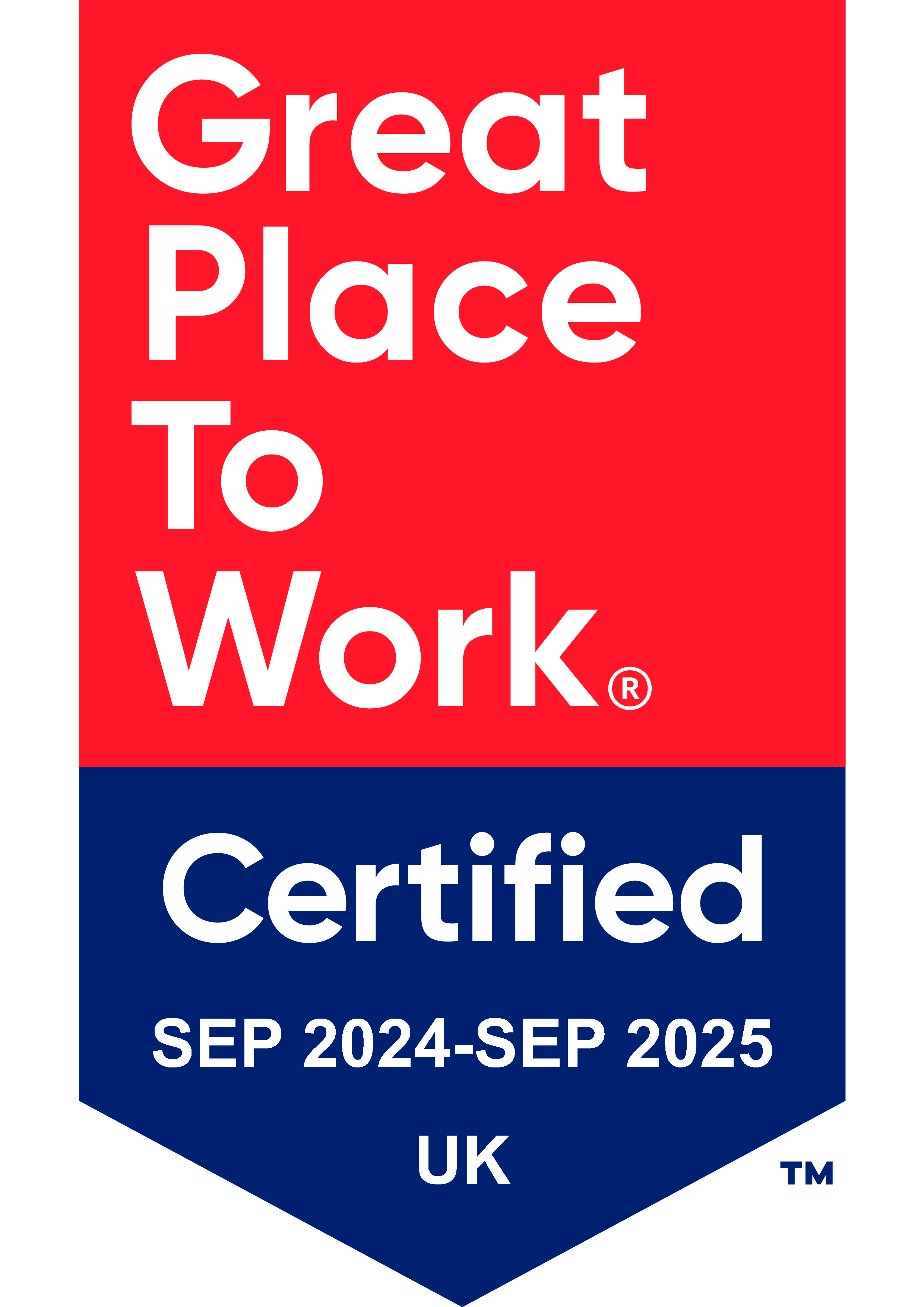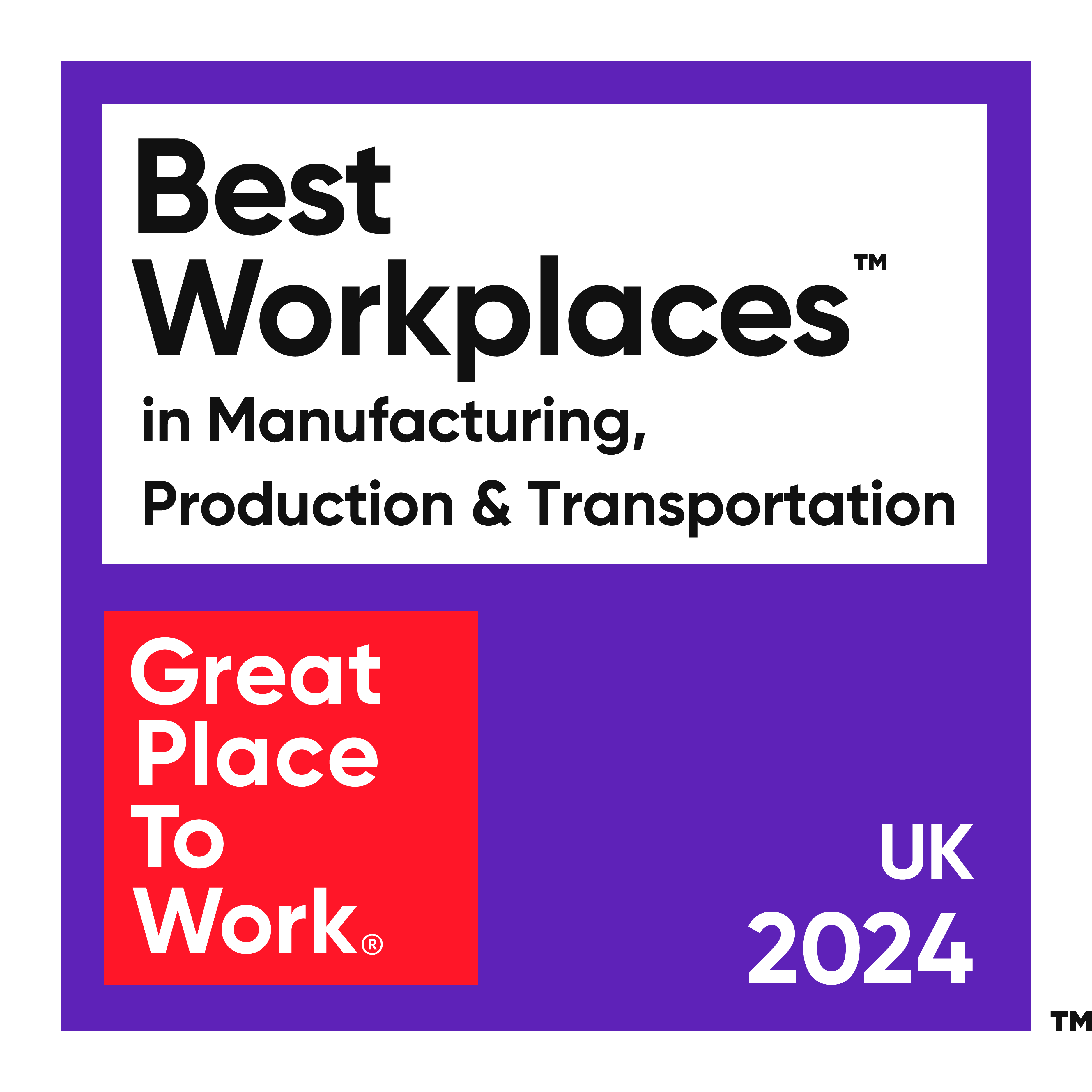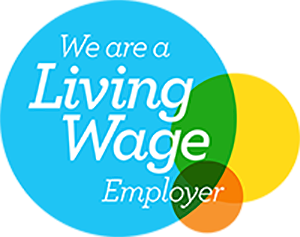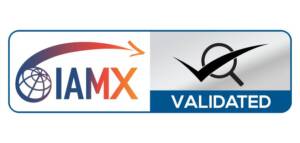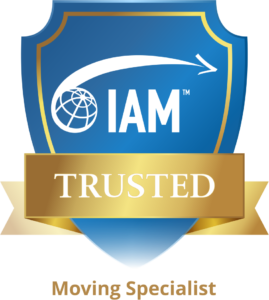You’ve made the decision to move abroad, you’ve settled on the US as a new home, and you’re months if not weeks from moving there. But there’s a lot to thing about, right? Not only are you shipping your entire life across the pond to a large and culturally different country, but you’re also thinking about the things you have to set up once you get there. It can be an exciting yet daunting process so take the time to consider what you’ll need to do when embarking on this life-changing experience. Here are a few tips for moving to the US.
Is your visa in order?
Chances are that if you’re reading this, then your residency visa is in hand. Still, it’s worth checking that you’re either eligible or have obtained your temporary work visa, permanent work visa or family visa to enable you to live, but also to work (through your Social Security number), in the US. You can find out more at the US Citizenship and Immigration website.
Are you covered for healthcare?
The US doesn’t boast a universal free healthcare system like other developed countries so medical costs can be high. It’s important that you get full, comprehensive private medical insurance, not just the basic holiday cover that you’d normally rely on, and especially if you don’t have a job to go to when you arrive.
Have you organised the kids’ education?
Each state has its own education department responsible for creating and governing school guidelines across that state – there is no national curriculum. This can mean subtle (and not-so-subtle) differences across the board, making it important to understand the state education and local school set-up.
Familiarise yourself with the system and know that you don’t just want to select a school in the local district but also one that offers a decent range of extracurricular, out-of-school programs.
Are your banking arrangements set up?
There are thousands of banks in the US and choosing the right one can be an overwhelming process. When opening an account, bear in mind that there are ‘chequing’ accounts, ‘savings’ accounts and ‘money market deposit’ accounts.
When moving to the US, one option is to open an account before you arrive. Many of the larger chains, including HSBC and Citibank, offer international customers the option of opening a US account at an overseas branch and depositing their money into the US Dollar account.
Are you or your spouse job hunting?
Since the recession, demand for jobs has grown and unemployment has risen. Working conditions are not the same in the US as they are in the UK, with fewer holidays, more competition for roles, and no maternity or paternity leave.
With all this in mind, don’t be put off by the work culture, as there are many opportunities to succeed and excel in the American workplace. It’s important to remember that hard work, commitment and the right attitude are valued in the US so be prepared for any transition.
Have you researched the local real estate?
Purchase prices for property, or ‘real estate’, can fluctuate wildly across the US. Many of the major cities, such as New York and Chicago, attract higher prices; however, real estate values drop as you move further away from the big urban centres, particularly when compared with other developed countries. It’s worth doing your homework and research before you arrive.
The process for buying a house is largely similar to the UK – hire a lawyer and get an independent valuation of the property. You may even be able to hire a broker in the UK to arrange your purchase prior to arrival.
This post was written by Russell Ward, a British expat who has lived in Raleigh, USA and is now living on Sydney’s Northern Beaches where he writes about his search for a life less ordinary at www.insearchofalifelessordinary.com, one of Australia’s leading expat and travel blogs and can be followed on Twitter and Instagram as @russellvjward.





